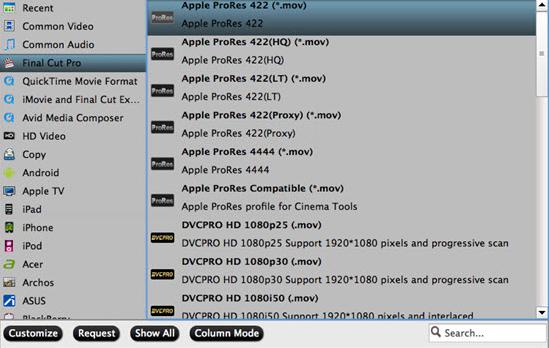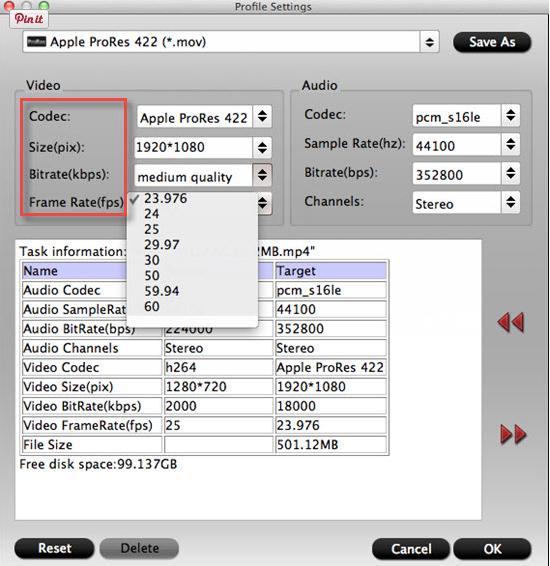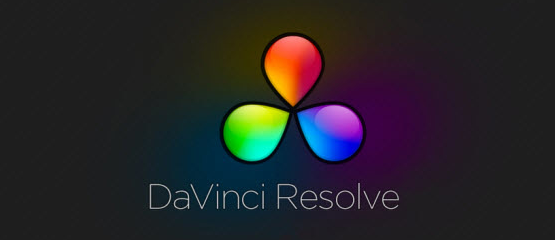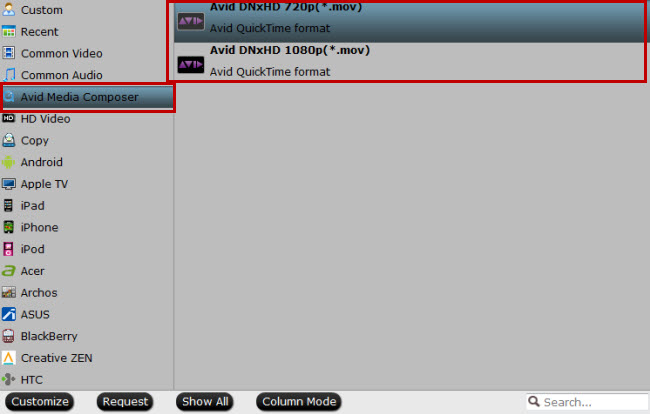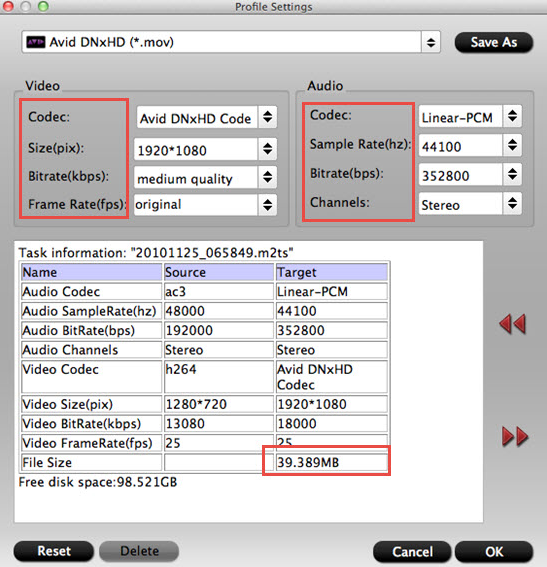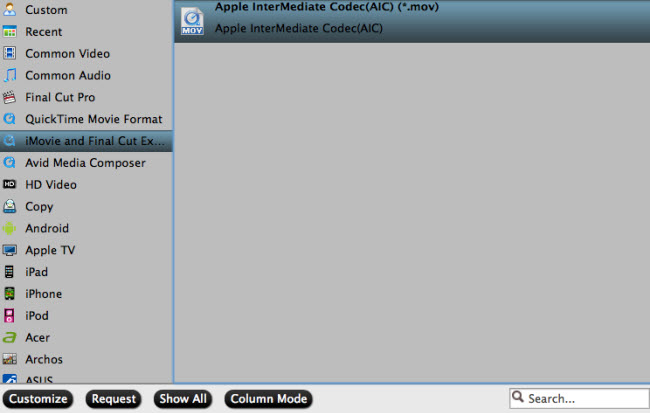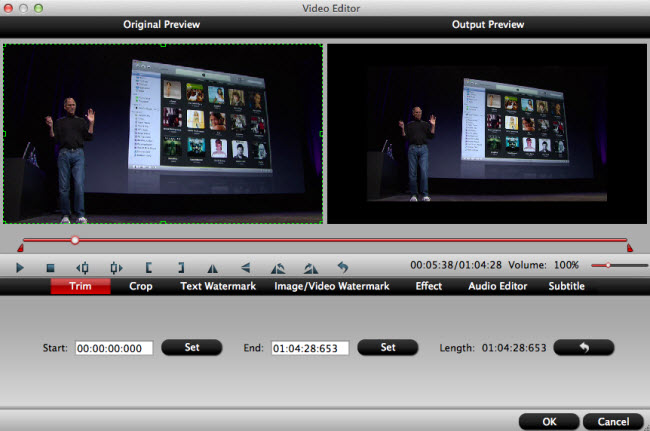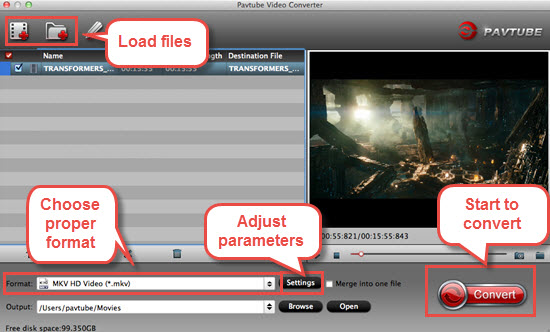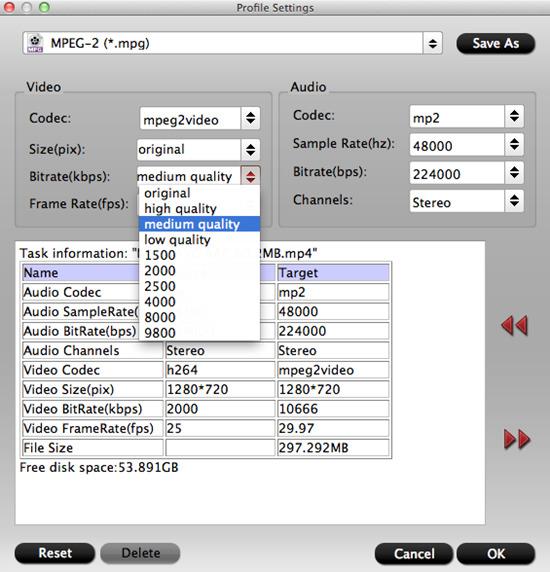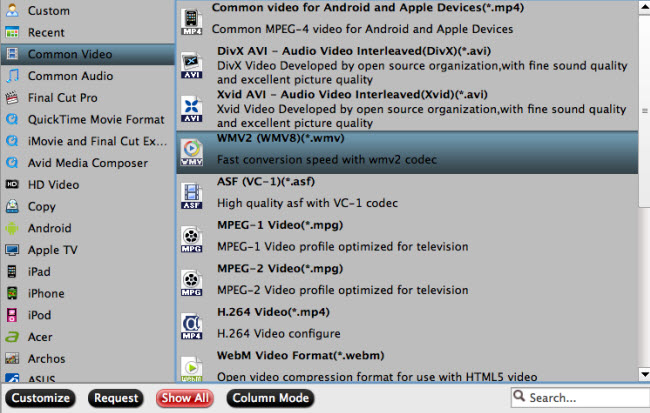Since After Effects CS4, MXF is supported by AE. However, MXF is a container format, After Effects can only import some kinds of data contained within MXF files. Many users still have troubles when importing MXF to After Effects (including After Effects CS6). What’s available workaround to successfully edit MXF files in After Effects without any issue?

MXF (Material Exchange Format) is a container format for professional digital video and audio media defined by a set of SMPTE standards. As MXF container is not so widely accepted as MP4, AVI, and WMV format, it is unacceptable to many editing software. HD digital camcorders’ video like Canon C300, Canon XF100, Canon XF105, Sony XDCAM series and Panasonic P2 series still can not natively or directly imported to Adobe After Effects CS6.
How to Make After Effects CS6 Support MXF Files?
In that case, MXF is not a proper format for editing. You can definitely convert MXF files to Adobe After Effects CS6 codec with the native quality before importing. And video formats supported by After Effects CS6 include MPEG-2, WMV (VC-1), etc.
Here I highly recommend Pavtube MXF Converter. It is the most professional and easy-to-use MXF to FCP X Converter, which can convert your MXF files to FCP X compatible formats with the 6X faster conversion speed and best output quality on Mac. Also it offers you other functions like convert MXF to 3D video, define video/audio parameters, add video watermark, etc.
Below is a detailed guide on how to convert MXF to After Effects CS6 more compatible video format like convert MXF to MPEG-2.
The trail-before-purchase is supported, just feel free to try it, it is 100% clean and safe:


Key Feature of Pavtube MXF Converter:
1. Convert MXF to other videos
Powerful video converting software can help you convert MXF to MP4, AVI, MOV, WMV, HD videos, MP3.
2. Support professional video editing software
Transcode MXF files to Sony Vegas, Adobe Premiere, Windows Movie Maker, Avid, etc.
3. Merge source MXF files
Join different source MXF videos together and output a single video. Then you can enjoy a long output movie.
4. Adjust output video effect
To customize the output profile, users can adjust the output Resolution, Bitrate, Frame Rate, Encoder, Channels, and Sample Rate.
Tips: The conversion speed is very fast because it supports batch conversion and NVIDIA CUDA & ATI Stream (AMD APP) acceleration technologies. It converts multiple video clips at the same time, moreover it can shut down computer after the process is complete, so run the app overnight and you could enjoy the created videos next morning when you are up.
If you are a Mac user, and in need of edit the MXF videos in Final Cut Pro 7 / X, iMovie,Avid Media Composer, etc. Please turn to Pavtube MXF Converter for Mac
How to Convert MXF Files to MPEG-2 for After Effects CS6
Download and install Pavtube MXF Converter on your PC (compatible with Windows 10, Windows 8, Windows 7, Windows XP, Windows Vista, and Windows 2000). Run this program, you will find the interface is very brief, this program is very easy to use.
Step 1: Now please click add files button to import the MXF video files from your camera or from a folder stored on your HDD that you want to convert, you can add batch files at one time.

Note: MXF systems produce split A/V which means the video and audio are stored in separate files. Some careless editors may only import the video files into an MXF converter. The result is that there will be no audio in the output video. Make sure that the whole MXF file structure is transferred before converting.
Step 2: Go to the format list and pick “MPEG-2 (*.mpg)” under “Adobe Premiere/Sony Ve…” option.
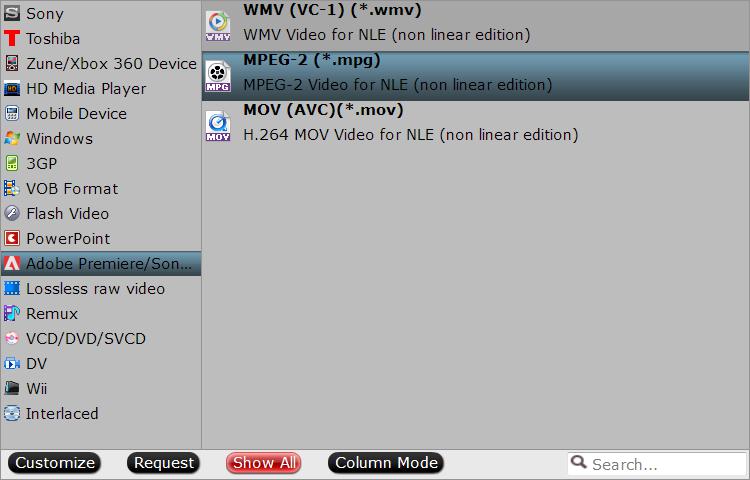
Step 3: If you would like to customize the video and audio parameters, you can click "Settings", adjust the parameters as you want, like Video Codec, aspect ratio, bit rate, frame rate, Audio codec, sampling rate, bit rate, channels.
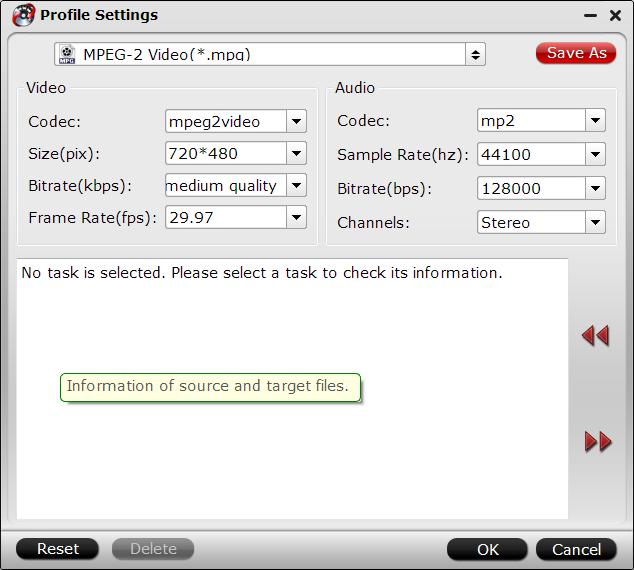
Step 4: Click "Convert" to start to convert MXF to After Effects CS6 MPEG-2 for native editing.
Once the conversion completes, simply click “Open” button to get the converted MPEG-2 files. And now you can bring the output MPEG-2 files into After Effects CS6 to create your own masterpieces.
Related program:
If you have multiple-track videos requirements, Pavtube MXF MultiMixer / Pavtube iMixMXF would be your best-choice: It is able to import and export MXF video files with multiple audio tracks/channels as well as mixing the multiple audio tracks/channels into one. Convert MXF video files from popular devices such as Apple, Samsung, Sony, Canon, JVC, Panasonic, etc. to various video format supported by any media player and NLEs.
Read More:



